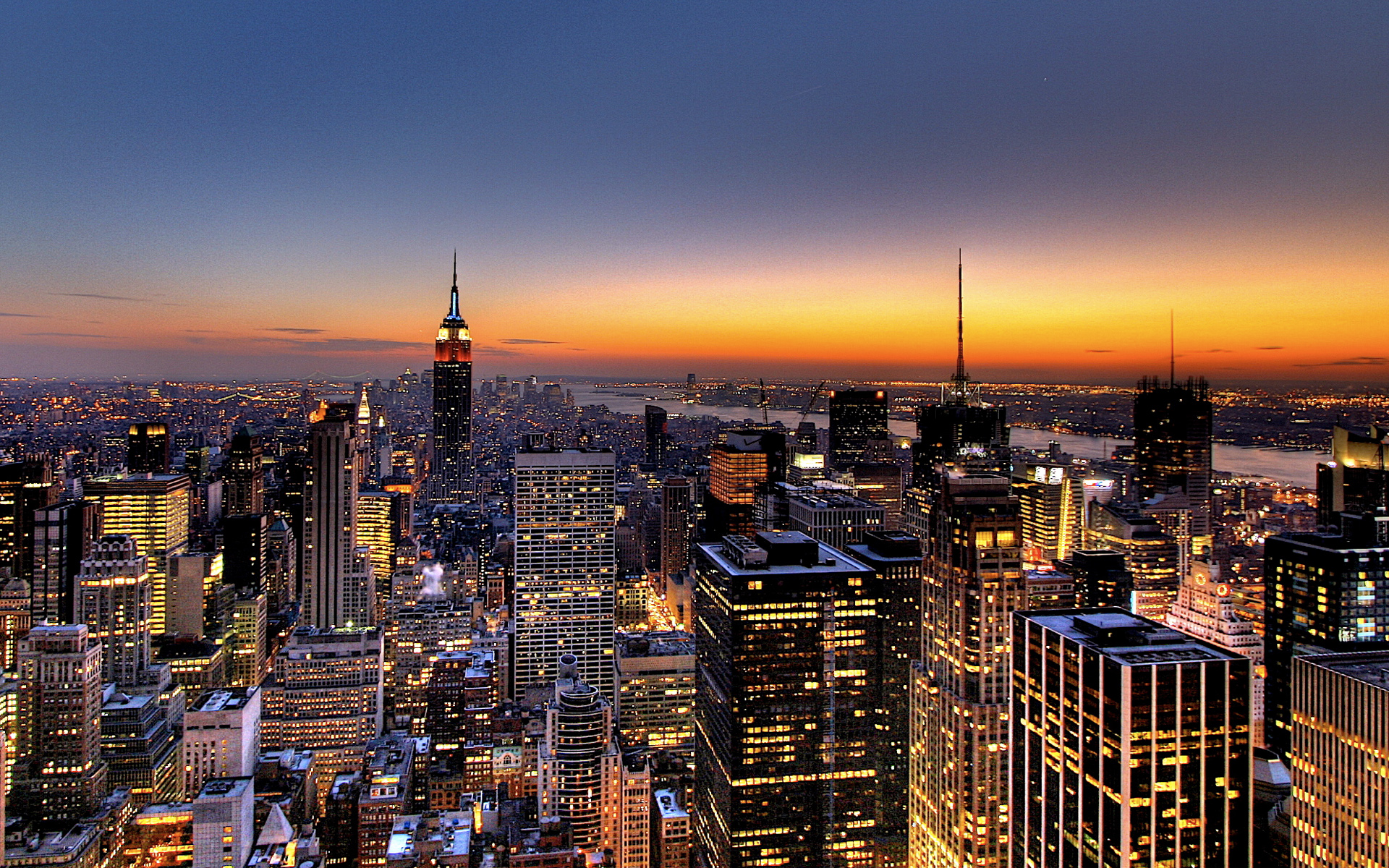Why America’s biggest charities are owned by pharmaceutical companies
WHEN A PATIENT in need of a drug in America goes to fulfil their prescription, the price they have to pay can vary wildly. For generic off-patent drugs, prices are usually low for the uninsured and free for those with insurance. But for newer, patent-protected therapies prices can be as high as several thousand dollars per month. Those without insurance may end up facing these lofty list prices. Even those with coverage will often have to fork out some of the cost, called a co-payment, while their insurance covers the rest.
These co-payments, which for the most expensive drugs can themselves be prohibitively high, can act as a deterrent to collecting a prescription. Into this gap a new type of charity has emerged, one that offers to make your co-payment for you. They come in two main types: independent ones, like the Patient Advocate Foundation, which spent $380m on co-payments in 2016, and co-pay charities affiliated with drugmakers themselves.
According to public tax filings for 2016, the last year for which data are available, total spending across 13 of the largest pharmaceutical companies operating in America was $7.4bn. The charity run by AbbVie, a drugmaker that manufactures Humira, a widely taken immuno-suppressant, is the third-largest charity in America. Its competitors are not far behind. Bristol-Myers...























